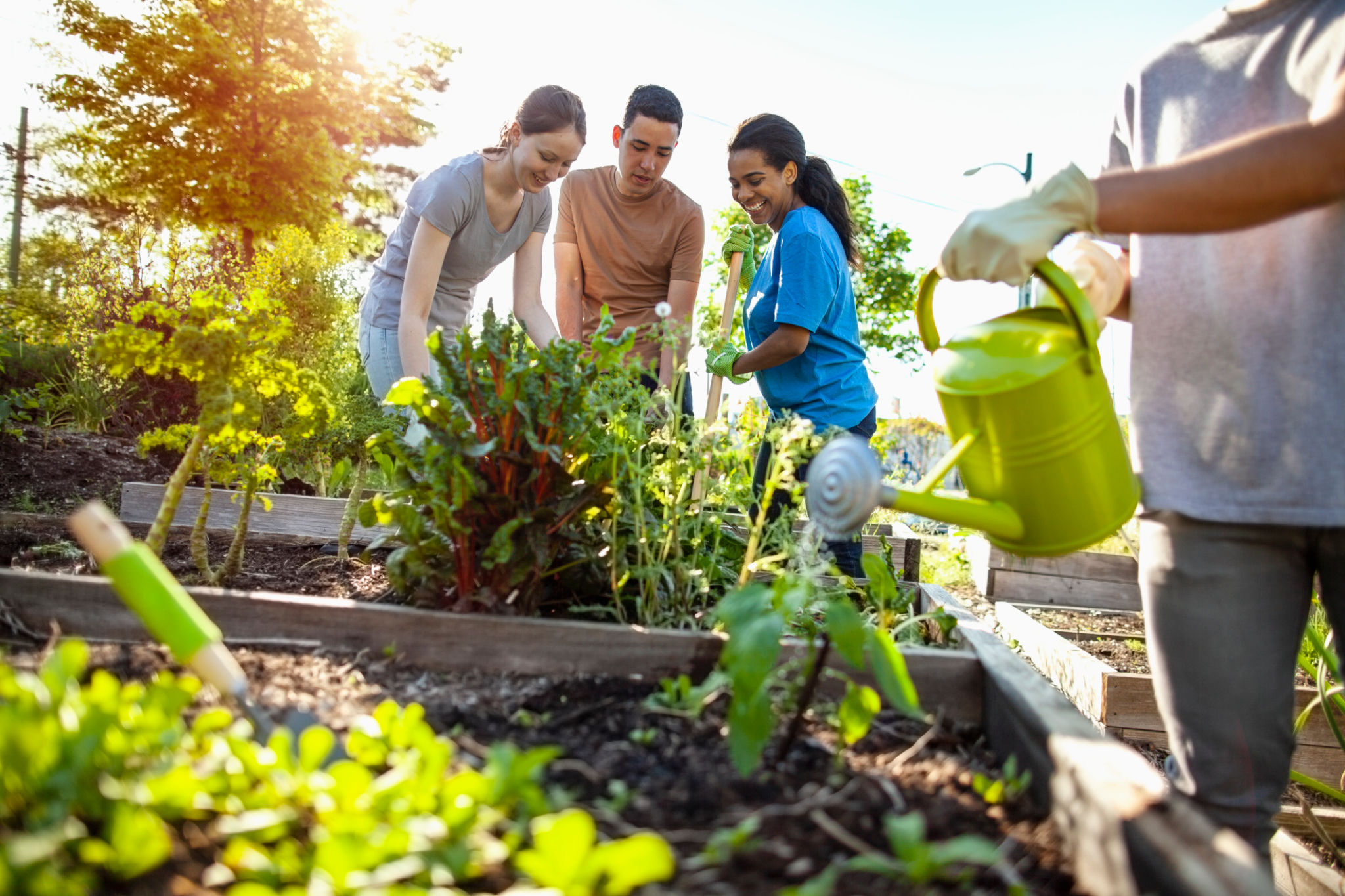Comparing Ecological Gardening Practices: What Sets Seed To Stomach Apart
Understanding Ecological Gardening
Ecological gardening is a practice that emphasizes harmony with nature, focusing on sustainability and biodiversity. Unlike conventional gardening methods, which often rely on chemical fertilizers and pesticides, ecological gardening seeks to maintain a balanced ecosystem. This approach not only benefits the environment but also enhances the health and productivity of the garden itself.
However, within the realm of ecological gardening, there are various methodologies, each with its unique principles and techniques. One notable approach that has gained attention is Seed To Stomach. This method stands out for its comprehensive commitment to sustainable gardening practices from the very start of the planting process to the point of consumption.

Principles of Seed To Stomach
The Seed To Stomach approach is rooted in a holistic view of gardening. It focuses on the entire lifecycle of plants, emphasizing a seamless connection between the garden ecosystem and human consumption. This method prioritizes organic and non-GMO seeds, local sourcing, and seasonal planting to minimize environmental impact.
Seed To Stomach also advocates for **minimal soil disturbance**, encouraging natural soil fertility through composting and mulching. This practice supports a vibrant soil microbiome, which is crucial for plant health and resilience against pests and diseases.
Commitment to Biodiversity
Biodiversity is a cornerstone of the Seed To Stomach philosophy. By cultivating a diverse range of plants, gardeners can create habitats for beneficial insects and wildlife, promoting natural pest control and pollination. This diversity also ensures that gardens are more resilient to climate fluctuations and disease outbreaks.

Integrated Pest Management
One of the standout features of Seed To Stomach is its robust Integrated Pest Management (IPM) strategy. This method focuses on prevention rather than intervention, using techniques such as crop rotation, companion planting, and biological control to manage pests naturally.
The IPM approach reduces the need for chemical pesticides, which can harm beneficial insects and disrupt soil health. By fostering a balanced ecosystem, gardeners can enjoy healthier plants and more abundant yields.
Sustainable Water Use
Water conservation is another critical aspect of ecological gardening practices like Seed To Stomach. Efficient watering techniques, such as drip irrigation and rainwater harvesting, ensure that plants receive adequate hydration without wasting resources.

Mulching and soil coverage also play significant roles in retaining moisture and reducing evaporation. These practices not only conserve water but also enhance soil structure and fertility over time.
From Garden to Table
The Seed To Stomach approach doesn't end in the garden; it extends to the kitchen. By growing a diverse array of fruits and vegetables, gardeners can enjoy fresh, nutritious produce throughout the year. This farm-to-table concept encourages seasonal eating, reducing reliance on imported goods and supporting local food systems.
Moreover, the emphasis on organic growing methods ensures that the produce is free from harmful chemicals, contributing to better health outcomes for consumers.
The Seed To Stomach Community
Community plays a vital role in the Seed To Stomach philosophy. By sharing resources, knowledge, and experiences, gardeners can learn from each other and foster a supportive network. Community gardens and local workshops provide opportunities for individuals to engage with ecological practices and advocate for sustainable food systems.

The Seed To Stomach method exemplifies how ecological gardening can be both practical and impactful. By prioritizing sustainability at every stage of the gardening process, this approach offers a model for others seeking to cultivate their gardens with care for the planet. Whether you're a seasoned gardener or a beginner, adopting these practices can lead to a healthier garden and a healthier you.